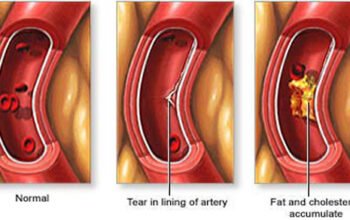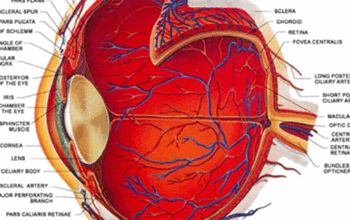Every year, millions of people worldwide are affected by the flu and common cold, two prevalent viral infections that can significantly disrupt daily life. While these conditions are often considered minor health issues, understanding their causes, symptoms, and effective treatment strategies is crucial for managing symptoms and preventing complications.
Understanding Flu and Common Cold
The flu and common cold are both respiratory infections caused by viruses, but they differ in severity and potential complications. Influenza, commonly known as the flu, is typically more serious and can lead to more significant health risks, especially for vulnerable populations.
Flu Characteristics
Flu symptoms often include:
- High fever
- Severe body aches
- Extreme fatigue
- Persistent cough
- Potential respiratory complications
Common Cold Characteristics
Common cold symptoms are generally milder and include:
- Runny or stuffy nose
- Mild cough
- Slight congestion
- Minimal body aches
Conventional Treatments
Modern medicine offers several approaches to managing flu and cold symptoms. Over-the-counter medications can provide symptomatic relief, helping patients feel more comfortable during their illness.
Over-the-Counter Medications
- Pain relievers: Acetaminophen and ibuprofen to reduce fever and alleviate body aches
- Decongestants: Help clear nasal passages
- Cough suppressants: Reduce persistent coughing
Antiviral Treatments
For flu specifically, prescription antiviral drugs can help reduce the duration and severity of symptoms when administered early. These medications work best within 48 hours of symptom onset.
Complementary Health Approaches
Beyond conventional medicine, several complementary approaches can support recovery and boost immune function.
Natural Remedies
- Zinc supplements: May reduce the duration of cold symptoms
- Honey: Effective nighttime cough remedy, especially for children
- Nasal rinsing: Using saline solutions can help clear congestion
Important Considerations
While some natural remedies show promise, not all have conclusive scientific evidence. Always consult healthcare professionals before starting any new treatment regimen.
Lifestyle and Prevention Strategies
Rest and Hydration
Two of the most critical aspects of recovery are adequate rest and proper hydration. Your body needs energy to fight viral infections, and staying hydrated helps thin mucus and supports overall immune function.
Prevention Tips
- Get annual flu vaccinations
- Practice good hand hygiene
- Maintain a healthy diet
- Manage stress levels
- Get sufficient sleep
When to Seek Medical Attention
While most flu and cold cases resolve independently, certain symptoms warrant professional medical evaluation:
- High, persistent fever
- Difficulty breathing
- Symptoms lasting more than 10 days
- Severe chest pain
- Underlying health conditions
Conclusion
Managing flu and cold effectively requires a comprehensive approach combining conventional treatments, complementary health strategies, and lifestyle modifications. By understanding your symptoms, taking proactive measures, and knowing when to seek medical help, you can navigate these common viral infections more successfully.
Remember, prevention is always better than cure. Maintaining a healthy lifestyle, practicing good hygiene, and staying informed are your best defenses against seasonal illnesses.






